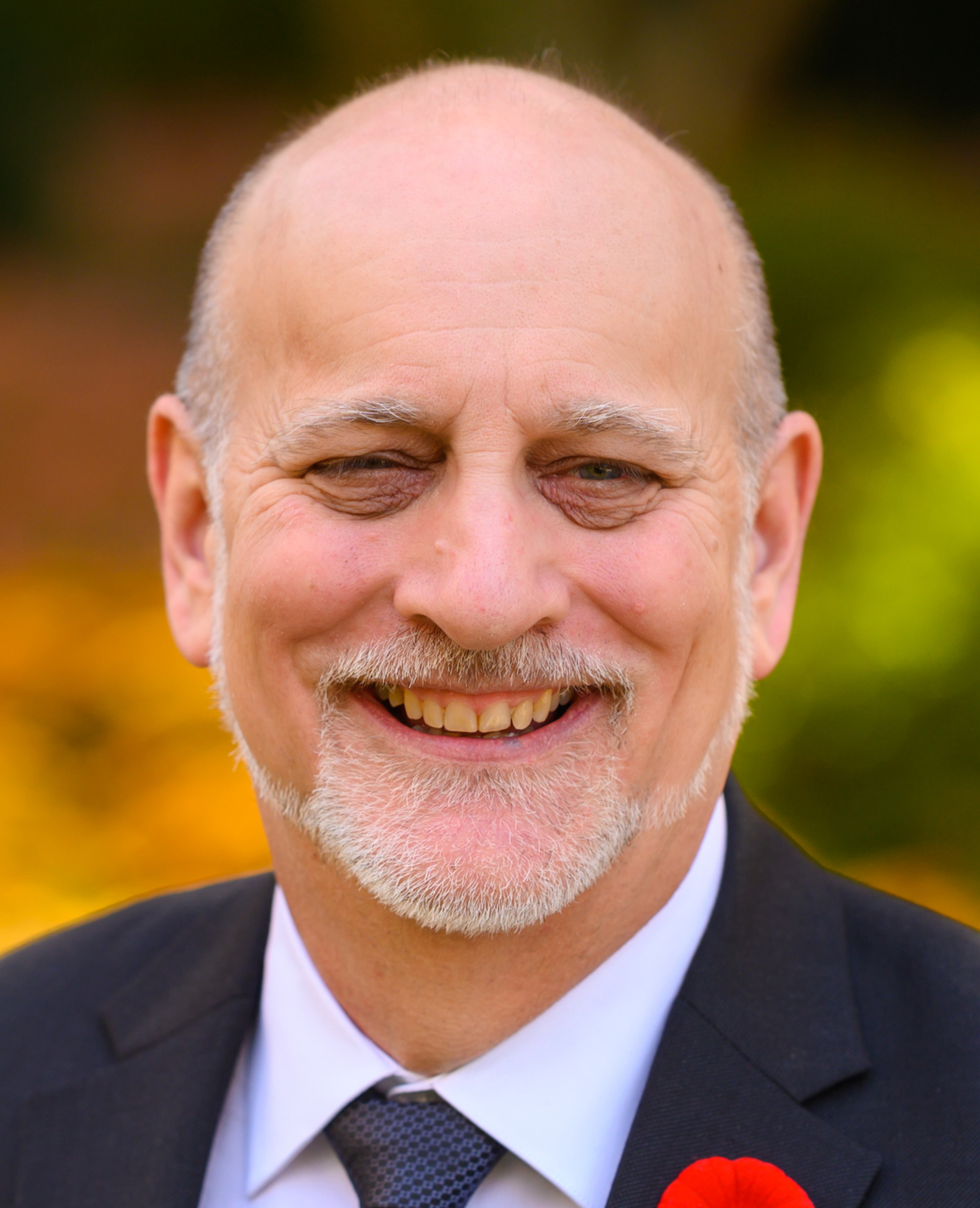Pope Francis’ call in ‘Laudato Si’’ is blueprint for saving the Earth

This year, we mark the 10th anniversary of one of Pope Francis’ most widely read works, “Laudato Si’, On Care for Our Common Home.”
Some call the encyclical one of the most profound contributions to his legacy. Drawing from both his background as a chemist and his deep theological insight, Pope Francis framed environmental stewardship as not only a scientific necessity but a moral imperative. He emphasized that preserving creation is essential for future generations and that all life holds intrinsic value.
Following the release of “Laudato Si’” in June 2015, a diverse group of scientists of various faiths at the University of Georgia, guided by then-Archbishop Wilton Gregory, developed a Laudato Si’ Action Plan. Inspired by the pope’s words — “cooperate as instruments of God for the care of creation, each according to his or her own culture, experience, involvements, and talents” — they sought to create a practical guide to empower individuals and faith communities to take meaningful environmental action.
A blueprint for action across faith communities
While primarily designed for Catholic parishes, schools and laypeople, the Laudato Si’ Action Plan was intentionally crafted to be adaptable across faith traditions. Recognizing that all major religions share a moral responsibility to protect creation, the plan aligns with sacred scriptures from various traditions that emphasize environmental stewardship.
To ensure accessibility, the plan categorizes actions into three levels — easy, moderate, and advanced — allowing individuals and institutions to engage at their own pace and budget. Simple steps, such as turning off lights and conserving water, build toward larger changes, including tree planting, renewable energy investments and comprehensive recycling programs.
Harnessing the power of the pulpit
A central goal of the initiative was to leverage religious leaders’ influence to inspire action. Recognizing that houses of worship serve as trusted communities, the plan provided resources to help them implement sustainable practices. By embedding environmental consciousness into religious teachings and outreach efforts, the movement sought to transform ecological responsibility into a moral and spiritual obligation.
Archbishop Gregory distributed the Laudato Si’ Action Plan to churches throughout Georgia and to fellow bishops nationwide. A Catholic philanthropist funded a pilot project, led by a sustainability consultant, that launched the Laudato Si’ Initiative.
During the next several years, 40 to 50 parishes and schools made impactful changes that reduced their environmental footprint while saving money:
St. Mary’s School (Rome): Cut energy consumption by 50% in two years by upgrading lighting and optimizing energy use.
St. Catherine of Siena Church (Kennesaw): Saved $16,500 in one year by adopting energy audit recommendations.
St. John Neumann Church (Lilburn): Significantly reduced waste by increasing recycling and switching to reusable dishware at events.
Several parishes and schools: Established community gardens to supply local food banks and support vulnerable neighbors while promoting sustainable gardening.
A national and global movement
News of Atlanta’s success spread, inspiring similar initiatives in dioceses across the U.S., including Boston, Washington, San Diego, Newark and Minneapolis. Faith communities committed to energy efficiency, water conservation, waste reduction and tree-planting efforts. Religious institutions became catalysts for sustainability, demonstrating how faith and science can work together to combat climate change.
With the release of the second edition of the Laudato Si’ Action Plan — developed by 23 sustainability and theology experts — Atlanta’s new archbishop, the Most Rev. Gregory J. Hartmayer, OFM Conv., acknowledged the movement’s influence.
“Five years ago, a dedicated group of activists took action inspired by Laudato Si’. I doubt they realized how far-reaching their efforts would become,” he said. “This initiative, blending sustainability expertise with Catholic Social Teaching, has set a precedent for dioceses nationwide.”
The movement’s reach has extended beyond the Catholic Church. Ecumenical and civic partners have joined forces, and even the Vatican has consulted with the team as it develops its own Laudato Si’ strategy.
The moral urgency of climate action
The need for climate action has never been more pressing. In the past few months, we have witnessed wildfires ravage homes in California and deadly floods engulf parts of North Carolina and Kentucky. We must seek environmentally friendly solutions to the growing demand worldwide for all forms of energy. Georgia, under Gov. Brian Kemp’s leadership, has attracted industries — such as electric vehicle and battery manufacturers — that can accelerate the transition to renewable energy.
According to a 2023 Yale Climate Change Communication survey, 72% of Americans acknowledge global warming is happening. A 2024 University of Oxford study found that 80% of people worldwide support stronger climate policies. Yet, despite growing public concern, policy action remains inconsistent, and environmental protections face ongoing political and economic challenges.
At this critical juncture, Pope Francis’ plea remains as urgent as ever. He urges us to listen to “the cry of the earth and the cry of the poor.” Each of us must take responsibility — not only through personal choices but also by advocating for systemic change within our communities, workplaces and governments. Faith communities have already demonstrated their leadership in sustainability. Now, individuals and institutions must continue the momentum.
Pope Francis asks us, “What kind of world do we want to leave our children?” This is both a moral compass and a practical guide. The question is no longer if we should act, but how quickly we will answer the call. His legacy is not just in words, it is in action; and that action starts with us.



Bishop Joel M. Konzen,S.M., auxiliary bishop of the Roman Catholic Archdiocese of Atlanta; Laudato Si’ Initiative.
Steve Valk, Communication Specialist with Citizen’s Climate Lobby, Catholic Shrine of the Immaculate Conception.
Susan Varlamoff, co-author of the Laudato Si’ Action Plan, St. John Neumann Parish.
More Stories
The Latest


